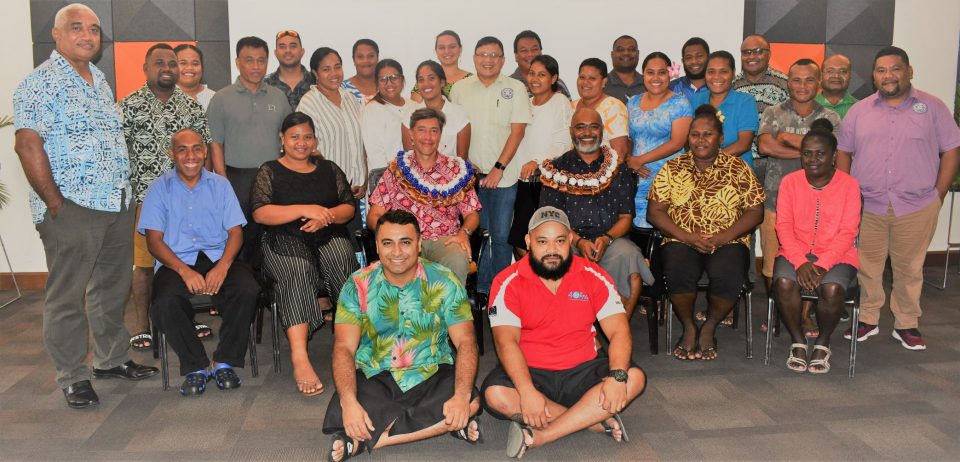By Cynthia Maku
Improving global market access for the Pacific fisheries industry and enhancing the socio-economic benefits that support the livelihoods of Pacific islanders are the objectives of a three-week training program that starts yesterday.
The training conducted by the Pacific Islands Forum Fisheries Agency (FFA) is supported by the European Union (EU) and the Government of Sweden funded Pacific-European Union Marine Partnership (PEUMP) Program and the New Zealand Ministry of Foreign Affairs and Trade (MFAT)’s
“Increasing Employment and Economic Benefits from Tuna Fisheries” (IEEBTF) program. The program is the only formal or organized training that provides the foundation for the development of a competent authority, the agency that is responsible for the certification and verification of fishery products in a country.
While the Pacific has vast fisheries resources, market access has been a challenge as many countries are unable to meet export requirements of importing countries around issues such as seafood safety standards.
FFA Director General, Dr Manu Tupou-Roosen said: “The sustainable development of our fisheries sector in the Pacific is critical for our people because of its ability to create jobs, provide food security, support livelihoods and contribute to economic growth for our communities. Revenue from this crucial industry also supports the building of important national infrastructure including schools, hospitals and roads.
This training will enhance the capacity of our members to access export markets providing further development opportunities for our people.”
The training will provide thirty officers from Fiji, Federated States of Micronesia, Kiribati, Marshall Islands, Nauru, Papua New Guinea, Samoa, Solomon Islands, Tonga, Tuvalu and Vanuatu fundamental technical and practical knowledge and competencies expected of an officer of fish inspector within a competent authority.
Speaking at the opening session of the training, the Trade Correspondent at the Delegation of the EU for the Pacific, Mr Massimo Diomedi Camassei said, “The EU market buys almost 80 percent of the Pacific region’s total processed fish exports.
Through the Pacific-EU Marine Partnership, our aim is to support Pacific Countries to implement and comply with seafood safety requirements, both nationally and internationally. We thank FFA and SPC for delivering such a needed training, which contributes to the sustainable management and exploitation of fish resources in the Pacific, a purpose that the EU is strongly committed to”.
In the three weeks, officers will learn about the role and responsibilities of a competent authority officer, health standards for fish and fishery products, certification, reporting and crisis management. Officers will also learn about food safety management, good hygiene practices, fishing and processing technologies, understanding seafood processors as well as the implementation of inspection, approval, and surveillance systems.
Participants will also learn about key overseas market access requirements with specific focus on the EU, US, China, and New Zealand.


